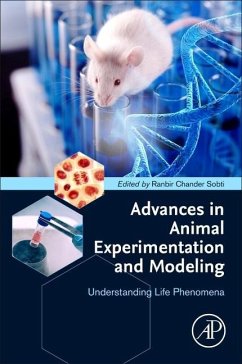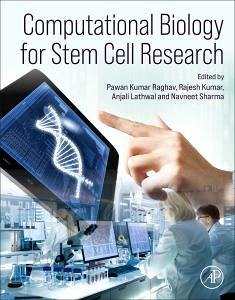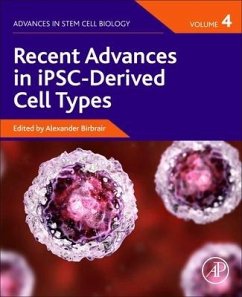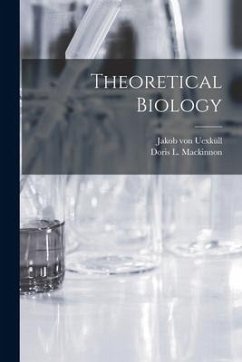Nicht lieferbar
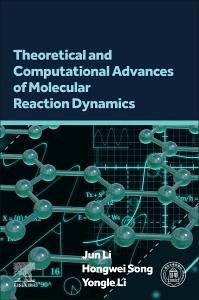
Theoretical and Computational Advances of Molecular Reaction Dynamics
Versandkostenfrei!
Nicht lieferbar
Theoretical and Computational Advances of Molecular Reaction Dynamics provides a strong foundation and comprehensive review of the principles, formulations, and methodology of MRD, with detailed tutorial guides and case studies for practical application, whilst demonstrating recent developments. It is designed to help improve understanding of the full-dimension accurate potential of the energy surface, chemical kinetics, reaction dynamics, collision energy transfer, and molecular spectra using MRD techniques. Details are given for calculating various molecular dynamic properties for various pr...
Theoretical and Computational Advances of Molecular Reaction Dynamics provides a strong foundation and comprehensive review of the principles, formulations, and methodology of MRD, with detailed tutorial guides and case studies for practical application, whilst demonstrating recent developments. It is designed to help improve understanding of the full-dimension accurate potential of the energy surface, chemical kinetics, reaction dynamics, collision energy transfer, and molecular spectra using MRD techniques. Details are given for calculating various molecular dynamic properties for various prototypical reactions/chemical species efficiently and accurately. Useful and timely tutorials for the practical implementations with tips and usable codes are included for research in this multidisciplinary field. The book also familiarizes readers with state-of-the-art research frontiers on theoretical and computational MRD, showing the new methods, theories, applications, and advances that have developed for the investigation of chemical kinetics, reaction dynamics, and molecular spectra-at the microscopic atomic or molecular level-in the era of machine learning and big data.




![The Origin and Evolution of Life [microform]: on the Theory of Action, Reaction and Interaction of Energy Cover The Origin and Evolution of Life [microform]: on the Theory of Action, Reaction and Interaction of Energy](https://bilder.buecher.de/produkte/65/65623/65623193n.jpg)




